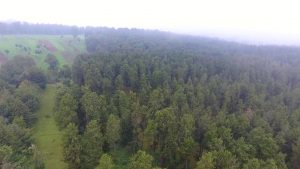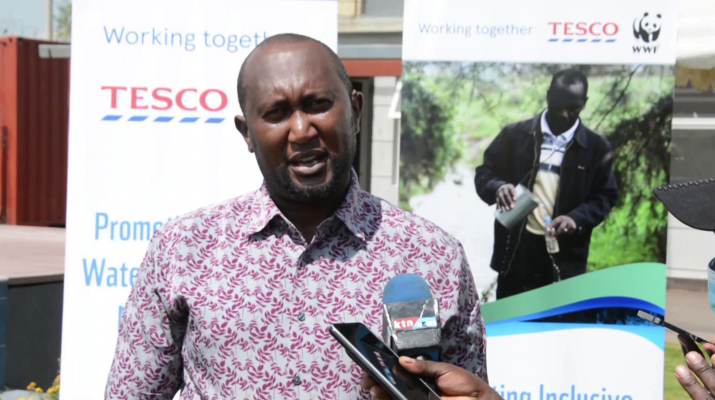The World Wide Fund for nature (WWF) has embarked on the process of restoring over 500 hectares of mixed forest in Aberdare forest in Nyandarua County.The project is part of the national government plans to restore a total of 5.1m hectares in a bid to attain the 10 percent forest cover by 2030.Under the WWF forest land restoration programme, another 40kms of riparian land and 100 hectares of farm land will be turned into forests.According to WWF programme coordinator in Naivasha landscape Caroline Njiru, they were working with communities around the Aberdare forests to make the programme a success.She said that they had identified 400 farmers who would work around restoring the gazetted forests with 40 percent of the group being women.

“Under this programme we target to restore 500 hectares of mixed forest, 100ha of farm lands and another 40kms of riparian land,” she said.Speaking during the ongoing exercise in the forest, Njiru said that WWF would be using Sh3.6m every year to purchase tree seedlings from the farmers as one way of empowering them.Njiru added that they were working closely with the county government adding that identified farmers would also benefit from fruit seedlings.“We shall also support the farmers in crop production to make sure that their income rises by 20 percent while at the same time protecting the forests,” she said.The senior WWF officer termed the project as critical in improving water quality and quantity from the Aberdare forest which was one of Lake Naivasha water catchment area.“We expect water quality and quantity flowing from the forest and into Lake Naivasha to change under this five year programme,” she said.
On his part, the chairman Lake Naivasha Water Resource Users Association (LANAWRUA) Enock Kiminta termed the restoration programme as critical in the Lake Naivasha Basin.He admitted that currently water quality in the catchment area had been affected by soil degradation and the emergence of food processing factories in Nyandarua.He noted that initial studies indicated that the upcoming industries in Nyandarua County were polluting rivers in the catchment area.“We have seen an upsurge in the number of food processing factories in the catchment which are emitting heavy metals into the rivers,” he said.Kiminta, while thanking WWF for the continued support in the basin noted that water levels in the lake and the rivers had dropped sharply due to failed rains.“Water levels in Lake Naivasha are dropping at an alarming rate due to the current harsh weather while some of the rivers in the catchment area have dried up,” he said.

